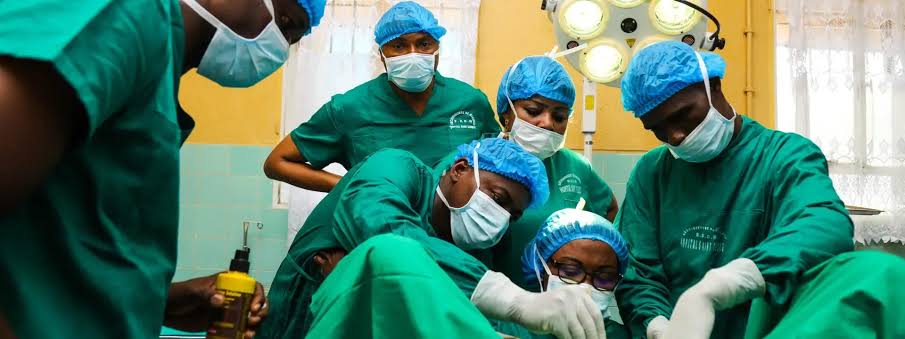Ibrahim Ibrahim
The Director Family Health Jigawa State Ministry of Health,Dr. Abubakar Said Kanya, has raised concerns over the growing prevalence of obstetric fistula among women, attributing its recurrence largely to delays in accessing emergency obstetric care.
Speaking during an interview with journalists to mark the International Day to End Obstetric Fistula, observed on Friday, Dr. Kanya described obstetric fistula as a devastating childbirth injury resulting from prolonged or obstructed labor.
He explained that it creates an abnormal hole between the birth canal and the bladder and/or rectum, leaving women incontinent and vulnerable to serious health complications.
FG Launches Reforms to End Maternal, Newborn Deaths
“A woman living with fistula faces severe physical and psychological consequences,” Dr. Kanya said. “She is often unable to control the leakage of urine or feces, suffers from chronic infections and persistent pain. Due to limited community understanding, such women are frequently stigmatized, leading to isolation, depression, and anxiety.”
He revealed that more than 50% of women with obstetric fistula are abandoned by their husbands, compounding their suffering with economic hardship and fear of infertility.
While most cases stem from obstructed labor, Dr. Kanya pointed out other causes such as surgical injuries during cesarean sections, cancer treatments, coital trauma, sexual violence, and certain infections like lymphogranuloma venereum.
KNSG Updates: Cabinet Reshuffle and VVF Empowerment
He emphasized the importance of recognizing early warning signs such as prolonged labor and addressing them swiftly to prevent long-term damage. Risk factors, he said, include cephalopelvic disproportion due to malnutrition, fetal malposition, oversized babies, and harmful traditional practices like female genital mutilation (FGM).
“The most effective strategy to prevent obstetric fistula is ensuring access to safe and timely emergency obstetric care,” he noted, adding that family planning is essential in preventing recurrence after surgical repair.
Dr. Kanya also called for greater investment in primary prevention through improved adolescent and maternal nutrition, education, and women’s empowerment.
As part of efforts to combat the condition, he announced that the Jigawa State Ministry of Health, in collaboration with the Ministry of Women Affairs, has revitalized the Safe Motherhood Initiative.
Since 2008, he added, the state government has partnered with Médecins Sans Frontières (Doctors Without Borders) to provide specialized services at Jahun General Hospital, including emergency obstetric and newborn care, vesicovaginal fistula (VVF) surgeries, and rehabilitation. The hospital performs an average of 300 VVF surgeries each year.
Dr. Kanya urged communities, health workers, and policymakers to prioritize women’s health and strengthen maternal care systems to eliminate obstetric fistula once and for all.




